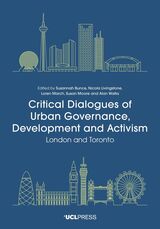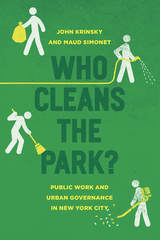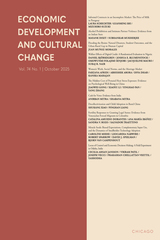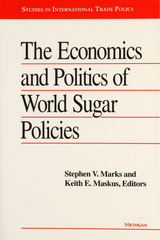2 books about Urban Governance

Critical Dialogues of Urban Governance, Development and Activism
London and Toronto
Edited by Susannah Bunce, Nicola Livingstone, Loren March, Susan Moore, and Alan Walks
University College London, 2020
Cities have been some of the most visible manifestations of the evolution of globalization and population expansion, and global cities are at the cutting edge of such changes. Critical Dialogues of Urban Governance, Development and Activism examines changes in governance, property development, urban politics, and community activism in two key global cities: London and Toronto. By taking these two cities as empirical cases, the book engages in constructive dialogues about the forms, governmental mechanisms and practices, and policy and community-based responses to the concerns facing modern urban centers. Through three central issues, governance, real estate and housing, and community activism and engagement, the authors seek to understand London and Toronto from a nuanced perspective, promoting critical reflection on the experiences and evaluative critiques of each urban context, providing insight into each city’s trajectory and engaging critically with wider phenomena and influences on the urban governance challenges in cities beyond.
[more]

Who Cleans the Park?
Public Work and Urban Governance in New York City
John Krinsky and Maud Simonet
University of Chicago Press, 2017
America’s public parks are in a golden age. Hundreds of millions of dollars—both public and private—fund urban jewels like Manhattan’s Central Park. Keeping the polish on landmark parks and in neighborhood playgrounds alike means that the trash must be picked up, benches painted, equipment tested, and leaves raked. Bringing this often-invisible work into view, however, raises profound questions for citizens of cities.
In Who Cleans the Park? John Krinsky and Maud Simonet explain that the work of maintaining parks has intersected with broader trends in welfare reform, civic engagement, criminal justice, and the rise of public-private partnerships. Welfare-to-work trainees, volunteers, unionized city workers (sometimes working outside their official job descriptions), staff of nonprofit park “conservancies,” and people sentenced to community service are just a few of the groups who routinely maintain parks. With public services no longer being provided primarily by public workers, Krinsky and Simonet argue, the nature of public work must be reevaluated. Based on four years of fieldwork in New York City, Who Cleans the Park? looks at the transformation of public parks from the ground up. Beginning with studying changes in the workplace, progressing through the public-private partnerships that help maintain the parks, and culminating in an investigation of a park’s contribution to urban real-estate values, the book unearths a new urban order based on nonprofit partnerships and a rhetoric of responsible citizenship, which at the same time promotes unpaid work, reinforces workers’ domination at the workplace, and increases the value of park-side property. Who Cleans the Park? asks difficult questions about who benefits from public work, ultimately forcing us to think anew about the way we govern ourselves, with implications well beyond the five boroughs.
In Who Cleans the Park? John Krinsky and Maud Simonet explain that the work of maintaining parks has intersected with broader trends in welfare reform, civic engagement, criminal justice, and the rise of public-private partnerships. Welfare-to-work trainees, volunteers, unionized city workers (sometimes working outside their official job descriptions), staff of nonprofit park “conservancies,” and people sentenced to community service are just a few of the groups who routinely maintain parks. With public services no longer being provided primarily by public workers, Krinsky and Simonet argue, the nature of public work must be reevaluated. Based on four years of fieldwork in New York City, Who Cleans the Park? looks at the transformation of public parks from the ground up. Beginning with studying changes in the workplace, progressing through the public-private partnerships that help maintain the parks, and culminating in an investigation of a park’s contribution to urban real-estate values, the book unearths a new urban order based on nonprofit partnerships and a rhetoric of responsible citizenship, which at the same time promotes unpaid work, reinforces workers’ domination at the workplace, and increases the value of park-side property. Who Cleans the Park? asks difficult questions about who benefits from public work, ultimately forcing us to think anew about the way we govern ourselves, with implications well beyond the five boroughs.
[more]
READERS
Browse our collection.
PUBLISHERS
See BiblioVault's publisher services.
STUDENT SERVICES
Files for college accessibility offices.
UChicago Accessibility Resources
home | accessibility | search | about | contact us
BiblioVault ® 2001 - 2025
The University of Chicago Press









